Business Debt
Types of Business Debt: Understanding Your Options
At Consumer Rights Firm PLLC, we assist businesses in managing and resolving various forms of debt. Understanding the different types of business debt is crucial for making informed financial decisions. Below, we outline the most common types of business debt and how they impact your company.
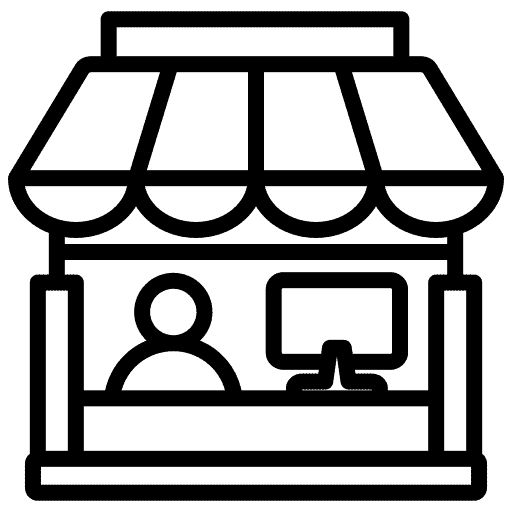
Merchant Cash Advances (MCAs
Merchant Cash Advances provide quick funding based on future sales. However, they come with high-interest rates and daily repayment requirements, which can create financial strain for small businesses.

Business Credit Cards
Many businesses rely on credit cards for operational expenses. Carrying high balances can lead to overwhelming interest charges and negatively impact business credit scores.

Vendor Contracts & Debts
Businesses often enter contracts with vendors for products and services. Breaching these contracts due to unpaid debts may lead to legal disputes and financial penalties.

Collection Agencies & Debt Purchasers
Unpaid business debts often get sold to collection agencies or debt buyers, who may use aggressive tactics to recover funds. Businesses should be aware of their rights under debt collection laws.
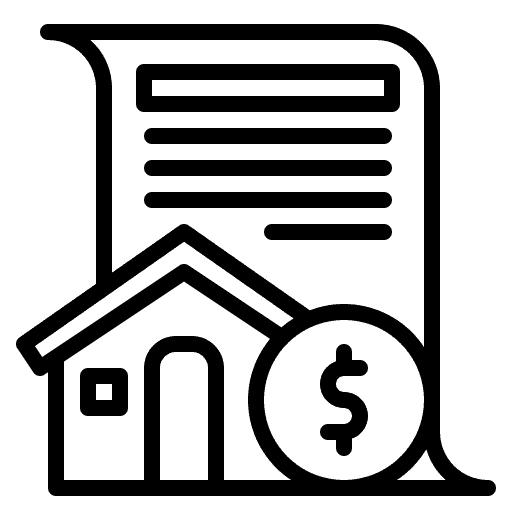
Business Mortgages
Mortgages for business-owned properties allow businesses to purchase or refinance commercial real estate. If not managed properly, defaulting on a mortgage can lead to foreclosure and asset loss.
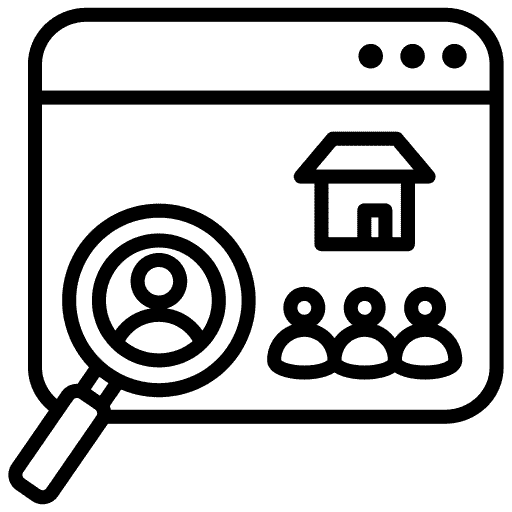
Business Loans & Credit Lines
Traditional loans and credit lines help businesses fund expansions, payroll, and equipment purchases. Defaulting on these loans may lead to lawsuits, collections, or bank liens.
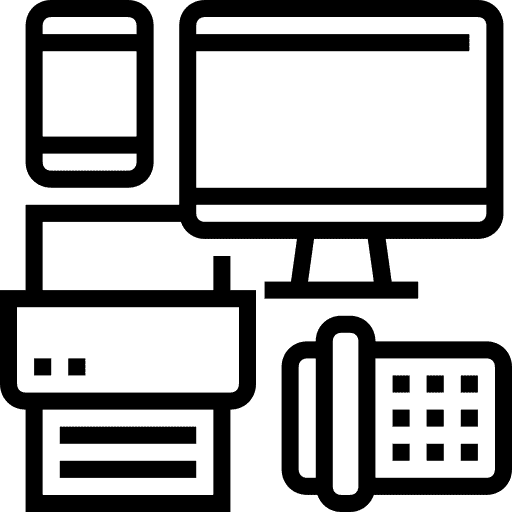
Business & Equipment Leases
Leasing equipment instead of purchasing can save upfront costs, but failure to meet lease terms may result in repossession or lawsuits from leasing companies.
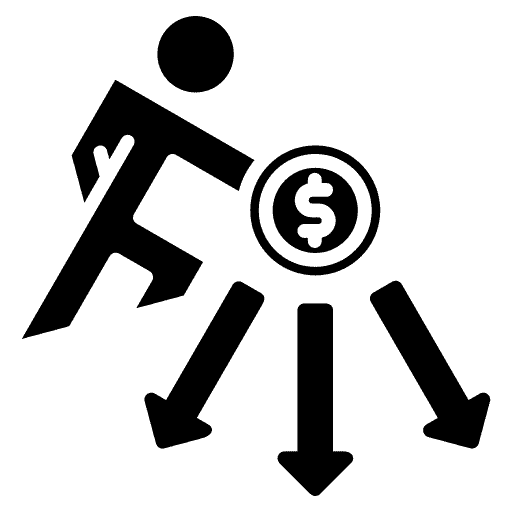
Collection Attorneys & Lawsuits
Creditors may hire attorneys to sue businesses for unpaid debts. If legal action is taken, businesses must act quickly to defend themselves or negotiate settlements.

SBA Loans
Loans backed by the Small Business Administration (SBA) offer lower interest rates and flexible repayment terms. However, failure to repay SBA loans can result in personal liability if a business owner provided a personal guarantee.
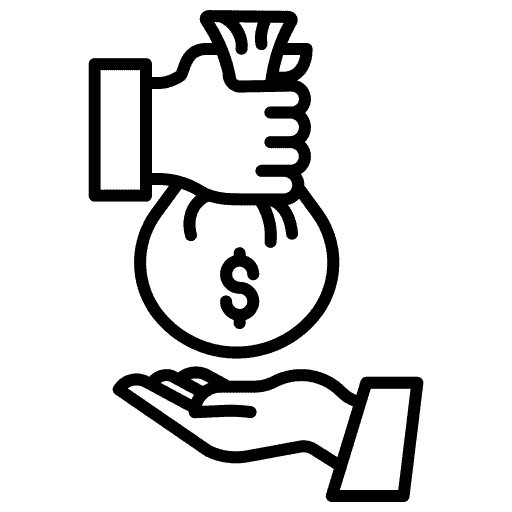
Accounts Payable Debt
Outstanding invoices and unpaid supplier bills can disrupt operations and damage vendor relationships. Managing accounts payable effectively is essential for maintaining business stability.

Repossessed Equipment Debt
If business equipment is repossessed due to missed payments, the remaining balance on the loan may still be owed, causing financial strain.
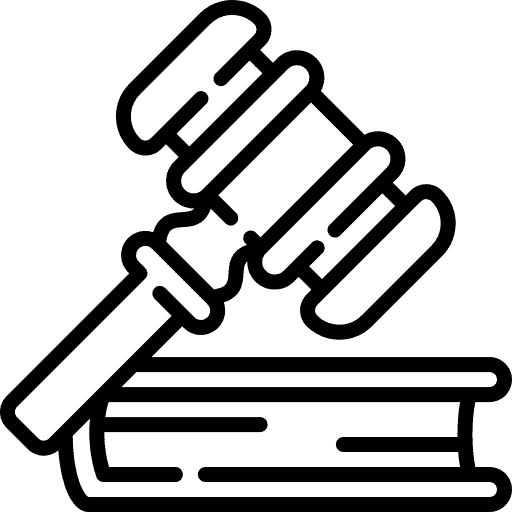
Judgments, Liens, & Levies
If a creditor wins a lawsuit, they may obtain a judgment and place a lien on business assets or levy bank accounts. These actions can severely impact cash flow.

Back Taxes & IRS Debt
Unpaid business taxes can lead to severe penalties, interest charges, and potential IRS levies or tax liens on business assets.
How We Can Help
At Consumer Rights Firm PLLC, we assist businesses with:
- Negotiating debt settlements
- Defending against collection lawsuits
- Debt restructuring and repayment plans
- Challenging unfair debt collection practices
- Providing bankruptcy consultation when necessary
If your business is struggling with debt, contact us today to explore your options and regain control of your finances.

